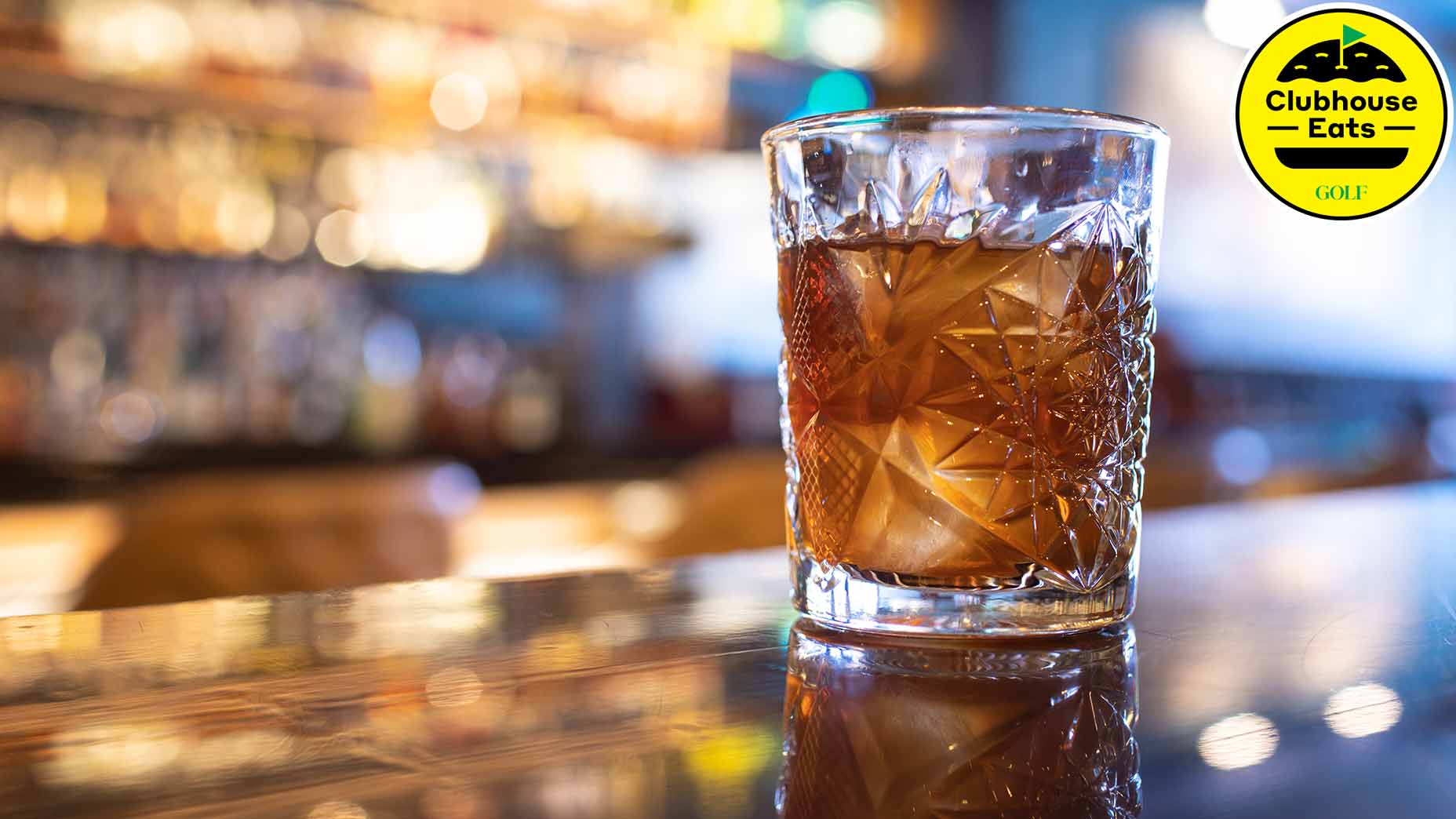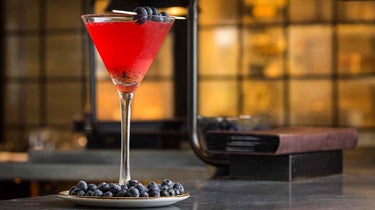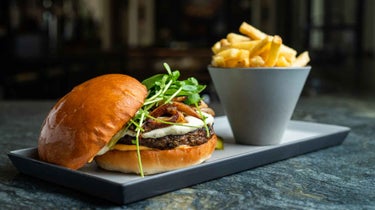At its core, an old fashioned is about three things: a base spirit, sugar and bitters — in that order. Here’s how to make the perfect one.
Getty Images
If the proposition of an old fashioned doesn’t immediately entice you, one of two things must be true. You either don’t care for whiskey or you’ve never tasted a deftly made old fashioned. If you pitch your tent in the former camp, well, there’s not much I can do to sway you. But if the latter is true, I’m about to correct that misfortune. (I also tapped Teddy Folkman, the food and beverage manager at Timbers Kiawah, for his advice on the topic.)
At its core, an old fashioned is about three things: a base spirit, sugar, and bitters — in that order. Historic (i.e. antiquated) recipes called for sugar cubes or teaspoons of raw sugar. You’re better off making a rich simple syrup (2:1 ratio of sugar to water), preferably using Demerara or Turbinado sugars, which are partially refined examples that have retained some of the original molasses from the sugarcane. A natural brown sugar, such as Sugar in the Raw, also works well. These sugars make richer syrups that pair well with the characteristic flavors of a bourbon or rye whiskey.
There was also a period when muddling orange wheels and cherries was in vogue. Don’t bother. It takes too much effort to extract too little fruit flavor. Plus, the pulp that’s released from the orange slice can cloud the finished cocktail and also disturbs the drink’s texture.
The standard old fashioned recipe that Folkman refined years ago while working as an executive chef in Washington, D.C., introduces those subtle fruity notes by adding a quarter of an ounce of maraschino liqueur and a couple dashes of orange bitters (Regans’ Orange Bitters set the high watermark for the category).
“I approached it as a chef,” Folkman says, explaining how he fine-tuned the cocktail’s ingredients and proportions. “I asked myself what I could do to pull all those flavors together and how could I do it quickly and efficiently.”
Folkman also takes a heavy-handed approach with the whiskey, pouring two and a half ounces for an old fashioned.
“If you only use two ounces, you don’t get that little bit of heat from the whiskey,” he says. “As a chef, you want diners to taste each ingredient. You want them to taste the layers of flavor. The same thing is true for a cocktail.”
Here is Folkman’s standard recipe:
Traditional Old Fashioned
2.5 oz. bourbon
0.5 oz. rich simple syrup
.25 oz. maraschino liqueur
2 dashes Angostura Bitters
2 dashes Regans’ Orange Bitters
Combine all ingredients in a mixing glass, add ice, and stir for about 30 seconds. Strain into a chilled rocks glass over one large cube. Garnish with a cocktail cherry.
As maraschino liqueurs go, there are two exemplary options on the market: Luxardo, which is smooth, round, and notably sweet; and Leopold Bros., which offers brighter fruit notes. You can’t go wrong with either one, and in an old fashioned their subtle differences are negligible.
On the topic of cocktail cherries, Luxardo serves as the gold standard, but there are several excellent examples out there. Just read the fine print on the label; some of these — Luxardo in particular — need to be stored in a cool, dry space after the jar is opened (but not in the refrigerator). If you only have those bright red maraschino cherries used at ice cream shops, you’re better off leaving them in the fridge. While great on a sundae, they’ll do more harm than good at the bottom of your old fashioned.
Utilizing this recipe as a foundation, you can make subtle tweaks to create new riffs with distinctive flavors. Swap out the Angostura Bitters for Black Walnut Bitters and replace the rich simple syrup with Grade-A maple syrup, and you’ll make an excellent maple old fashioned (I recommend using rye whiskey as the base here, since the peppery notes of the whiskey play well by balancing out the sweetness from the maple syrup).
If you want something more decadent, start with bourbon and swap out the rich simple syrup for crème de cacao (I recommend Tempus Fugit Spirits). Then replace the Angostura bitters with cherry bitters, preferably Bittercube’s Cherry Bark Vanilla Bitters. The resulting cocktail, let’s call it a black forest old fashioned, is like dessert in a glass.
The proportions in this old fashioned recipe are equally effective if you were to branch out into other base spirits. If you consider yourself a rum runner, so to speak, swap out the whiskey for a split base of El Dorado 12-Year and El Dorado 15-Year rum (1.25 ounces of each), then replace the maraschino liqueur with Giffard Caribbean Pineapple liqueur. Finally, exchange the Angostura bitters for a heavily spiced version, such as Bittercube’s Jamaican No. 1. The resulting Caribbean old fashioned will transport you to the tropics but without all the sugary fruit juices that can sometimes make the islands’ rum punches too cloying.
Should you wish to venture south of the border, start by mixing two ounces of a reposado tequila with half an ounce of mezcal; replace the simple syrup with agave nectar; and only add a couple dashes of Angostura — ditch the orange bitters. We can call this an Oaxaca old fashioned, although the original cocktail with that name, created by Phil Ward, doesn’t incorporate the maraschino liqueur. I like the addition of the fruit, however. It adds more roundness to the drink.
You can even create an intriguing gin-based old fashioned, provided you have the right gin. To make it work, you’ll need a bottle of St. George Spirits’ Dry Rye Gin. Instead of the simple syrup, use a classic gum syrup (Liber & Co. makes a good one), which brings more texture to the cocktail. Finally, pair the two dashes of Angostura with two dashes of cherry bitters. The resulting Dry Rye old fashioned is complex and satisfying, with plenty of spice undertones. It’s the ideal summer old fashioned for drinkers who lose their craving for whiskey once the weather heats up. Cheers!
Shaun Tolson is a freelance writer based in Rhode Island. When it comes to golf, he covers everything from architecture, course reviews, and travel, to equipment, gadgets and gear, and feature profiles. As a lifestyle writer, his expertise is rooted in the finer things in life — wine and spirits, luxury automobiles, private aviation, hotels & resorts, fine dining, and more.






